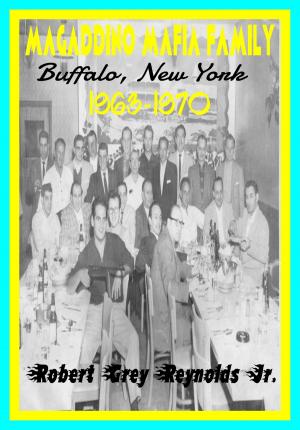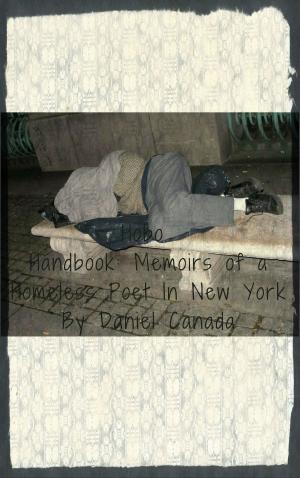My Thoughts, My Life: The Life of a Black Woman Living in a White World
Nonfiction, Social & Cultural Studies, Social Science, Discrimination & Race Relations, Biography & Memoir| Author: | Deneace Green | ISBN: | 9780992108526 |
| Publisher: | Deneace Green | Publication: | October 17, 2014 |
| Imprint: | Smashwords Edition | Language: | English |
| Author: | Deneace Green |
| ISBN: | 9780992108526 |
| Publisher: | Deneace Green |
| Publication: | October 17, 2014 |
| Imprint: | Smashwords Edition |
| Language: | English |
This is Book One of a quartet that showcases the life of a typical Black woman living in a world where the colour of her skin determines every facet of her life.
As a child living on the island of Jamaica, in the 1970’s, she was exposed to the waning horrors of Black slavery. However, a year-and-a-half spent with her maternal grandmother enabled her to strengthen innate characteristics that would sustain her through a life of hostility that was waiting for her in Canada, a country that is politically, economically, socially, racially, and ideologically dominated by representative descendants of former “masters” of Black slaves.
At age eight, her parents moved her to live with them in Toronto where she grew up frequently defending herself in racially motivated conflicts. Not being able to find a niche in that society wherein she could feel a sense of belonging, she became a mother at fifteen years old and again at seventeen. Although she could not see a positive future for herself, she kept forging ahead through the life assigned to her—driven by a hereditary life-force inspired by her grandmother’s examples of dealing with adversity, while not always conscious of how much her grandmother had influenced her thoughts and her behaviour.
This first book of four begins the chronicle of her life. She uses her life story to show how, whether intentionally or not, Black people are kept in subjugation within the Canadian society. Drawing from her life experiences and observations in Canada and abroad, she shows how racial discrimination keeps Black people in relative poverty. The Canadian democratic society, in which the ideology and legality of social and racial equality are constantly stressed, still allows the descendants of another era’s slave “masters” to maintain their privileged position at the top of society.
She finally begins to break out of her cycle of poverty by stepping out of the known (the Canadian society) and into the unknown of a foreign culture where upon her arrival she knows no one, nor does she speak the language.
This is Book One of a quartet that showcases the life of a typical Black woman living in a world where the colour of her skin determines every facet of her life.
As a child living on the island of Jamaica, in the 1970’s, she was exposed to the waning horrors of Black slavery. However, a year-and-a-half spent with her maternal grandmother enabled her to strengthen innate characteristics that would sustain her through a life of hostility that was waiting for her in Canada, a country that is politically, economically, socially, racially, and ideologically dominated by representative descendants of former “masters” of Black slaves.
At age eight, her parents moved her to live with them in Toronto where she grew up frequently defending herself in racially motivated conflicts. Not being able to find a niche in that society wherein she could feel a sense of belonging, she became a mother at fifteen years old and again at seventeen. Although she could not see a positive future for herself, she kept forging ahead through the life assigned to her—driven by a hereditary life-force inspired by her grandmother’s examples of dealing with adversity, while not always conscious of how much her grandmother had influenced her thoughts and her behaviour.
This first book of four begins the chronicle of her life. She uses her life story to show how, whether intentionally or not, Black people are kept in subjugation within the Canadian society. Drawing from her life experiences and observations in Canada and abroad, she shows how racial discrimination keeps Black people in relative poverty. The Canadian democratic society, in which the ideology and legality of social and racial equality are constantly stressed, still allows the descendants of another era’s slave “masters” to maintain their privileged position at the top of society.
She finally begins to break out of her cycle of poverty by stepping out of the known (the Canadian society) and into the unknown of a foreign culture where upon her arrival she knows no one, nor does she speak the language.















